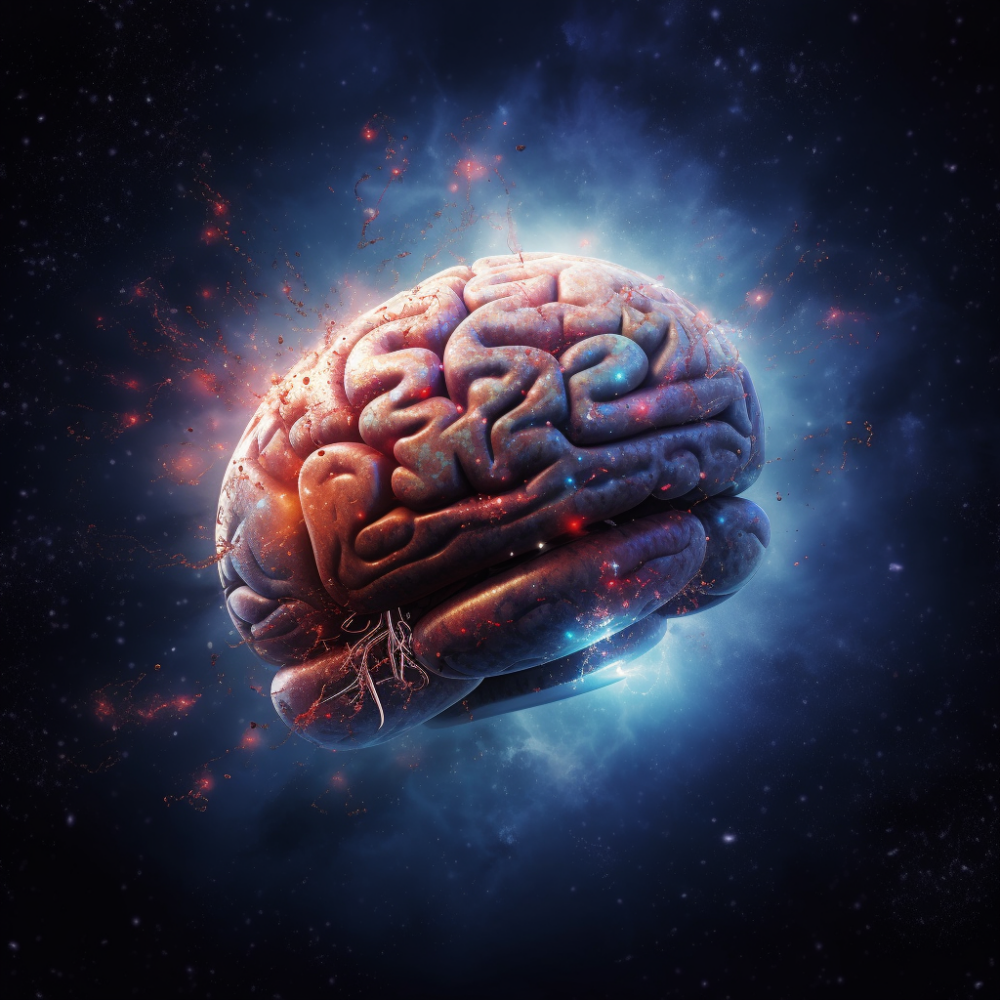The worth of a life
Last week, the news paid open-ended attention to the loss at sea of the Titan submersible and its wealthy crew. Days earlier, the plight of 750 people, many of them children, on the sunken Adriana didn’t even make the top story on the bulletins I saw.
Ours can’t have been the only sofa in Britain on which the comparison was made with dismay.
On the LRB Blog, Michael Chessum suggests:
The mass drowning of migrants does not meet the media’s criteria for a human-interest story because the victims have been dehumanised. Centuries of racist conditioning have led us to this point, but there is a new strategy at work, too. Donald Trump and Suella Braverman have an air of performative stupidity, and it comforts the liberal commentariat to believe that the far right’s spell in power is a blip. But their project is deadly serious and for the long term. Trump’s ‘big, beautiful wall’ and the UK government’s plan to deport asylum seekers to Rwanda would have been unthinkable twenty years ago. The core narrative of the nationalist right, that migrants and foreigners are to blame for falling living standards, now dominates the mainstream. It feeds popular demand for the militarisation of our borders.
I’m not certain that I fully agree: I think there’s an element to which the loss of life of migrants has become normalised and ‘expected’, whereas the Titan story was unlike any story we’ve heard in recent years. Yet, the balance of coverage—not to mention the relative willingness of nation-states to spend money on each rescue effort—did feel like an upsetting new low to me.
Twenty years ago, Aaron Sorkin tried to shock us by including a ballsy line in the fourth season of The West Wing making the case that, from the President’s perspective, ‘a Kundunese life is worth less than an American life.’1
These days, it’s no longer the shocking subtext: it’s beamed into each of our homes in full technicolour, so routine that it no longer attracts on-air comment.
- Equatorial Kundu is one of Sorkin’s most successful fictional countries, originating in The West Wing, making a cameo in The Newsroom, escaping the Sorkin universe in iZombie, and turning up in any number of fictional exercises and assignments. Qumar never quite caught on in the same way. ↩
This post was filed under: Media, News and Comment, Post-a-day 2023, Aaron Sorkin, Michael Chessum, The LRB, The West Wing.







